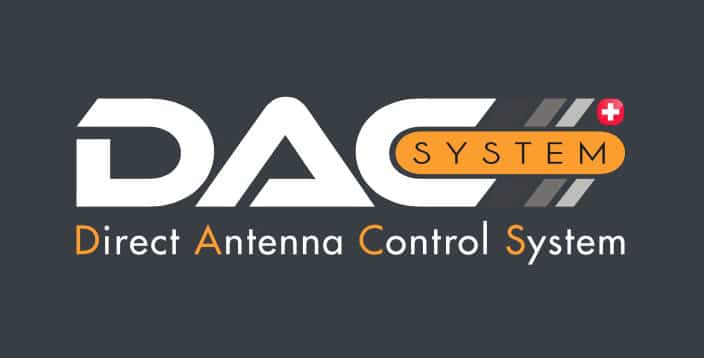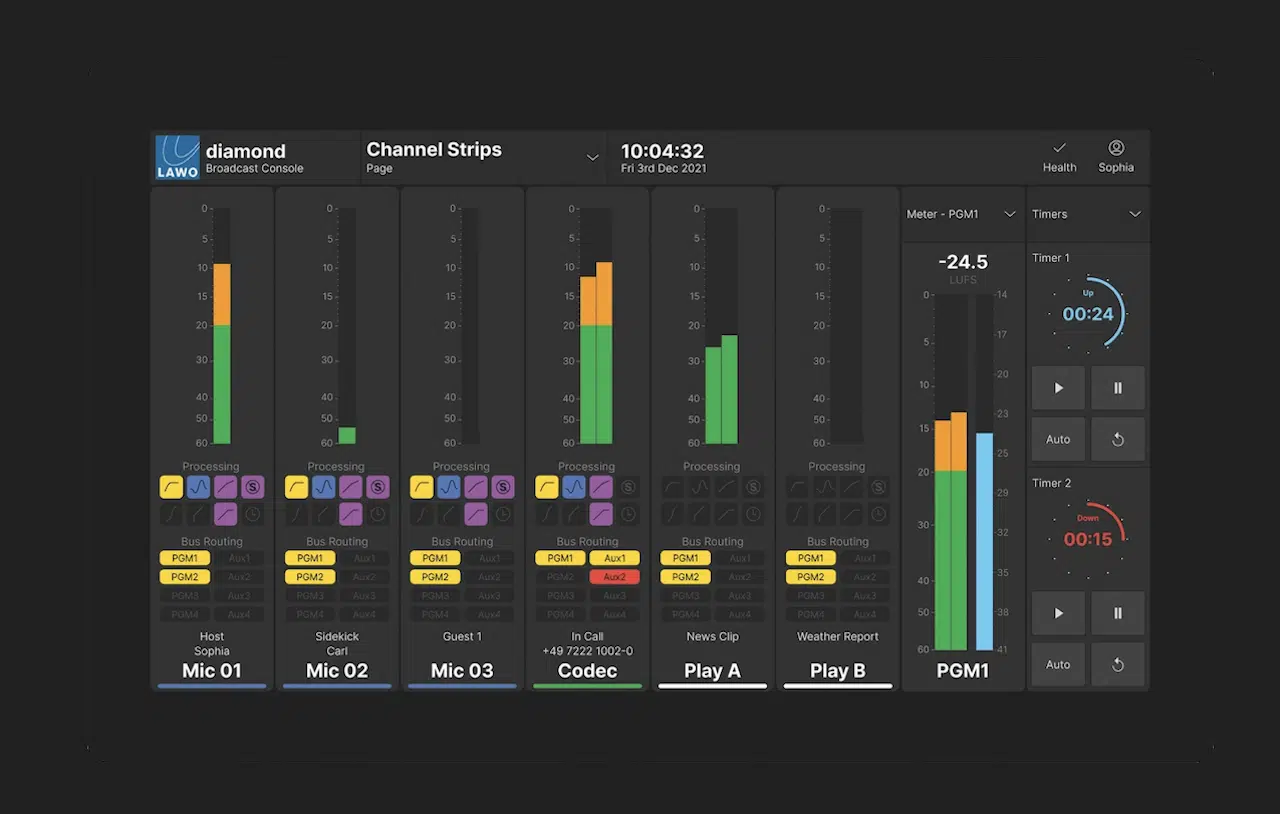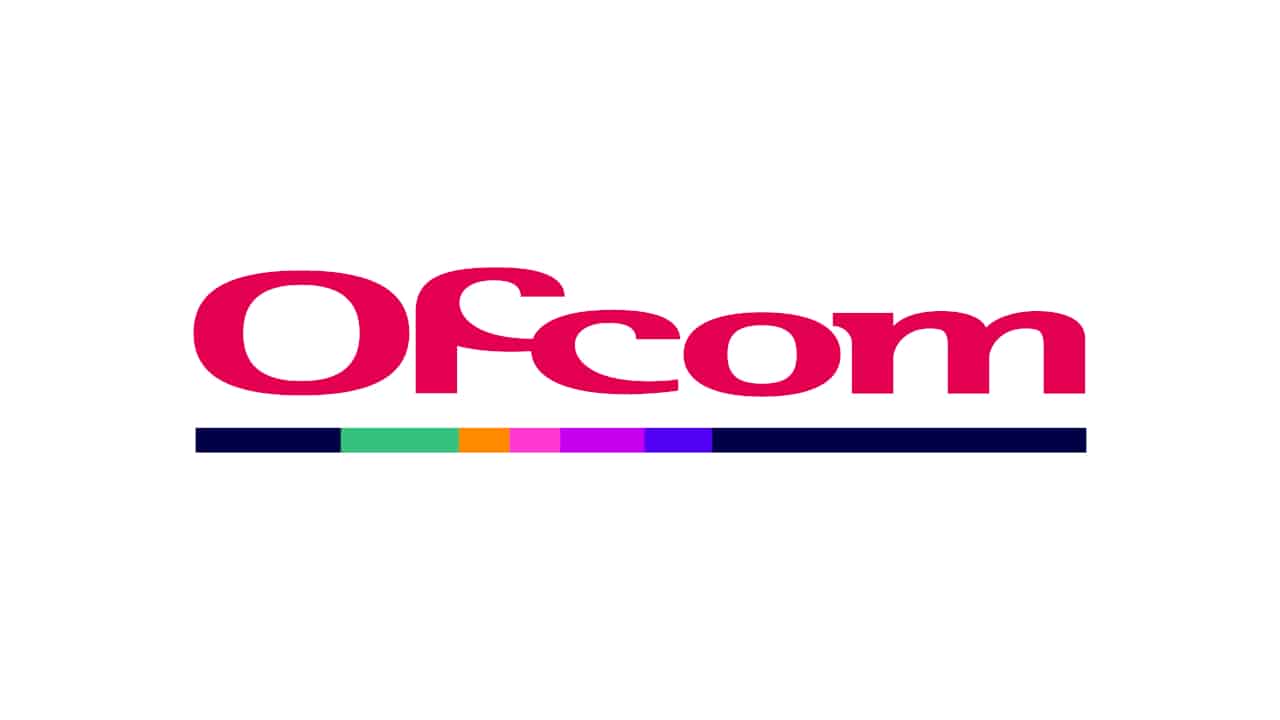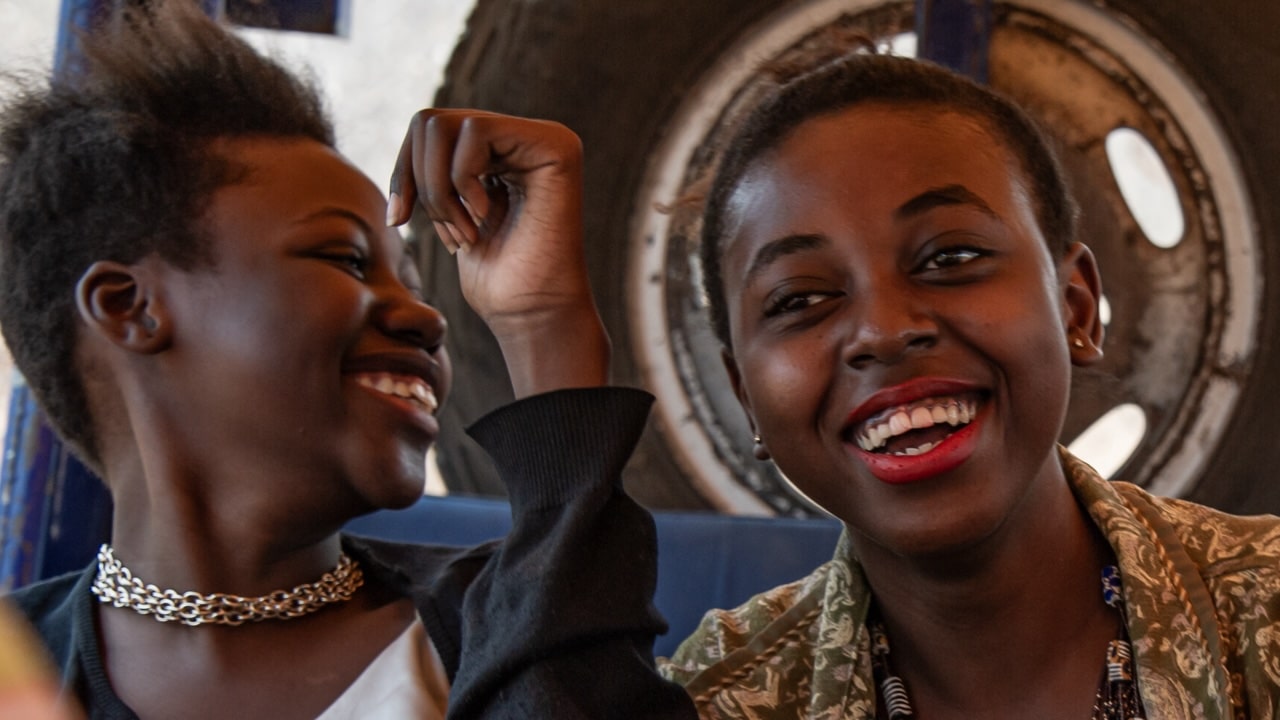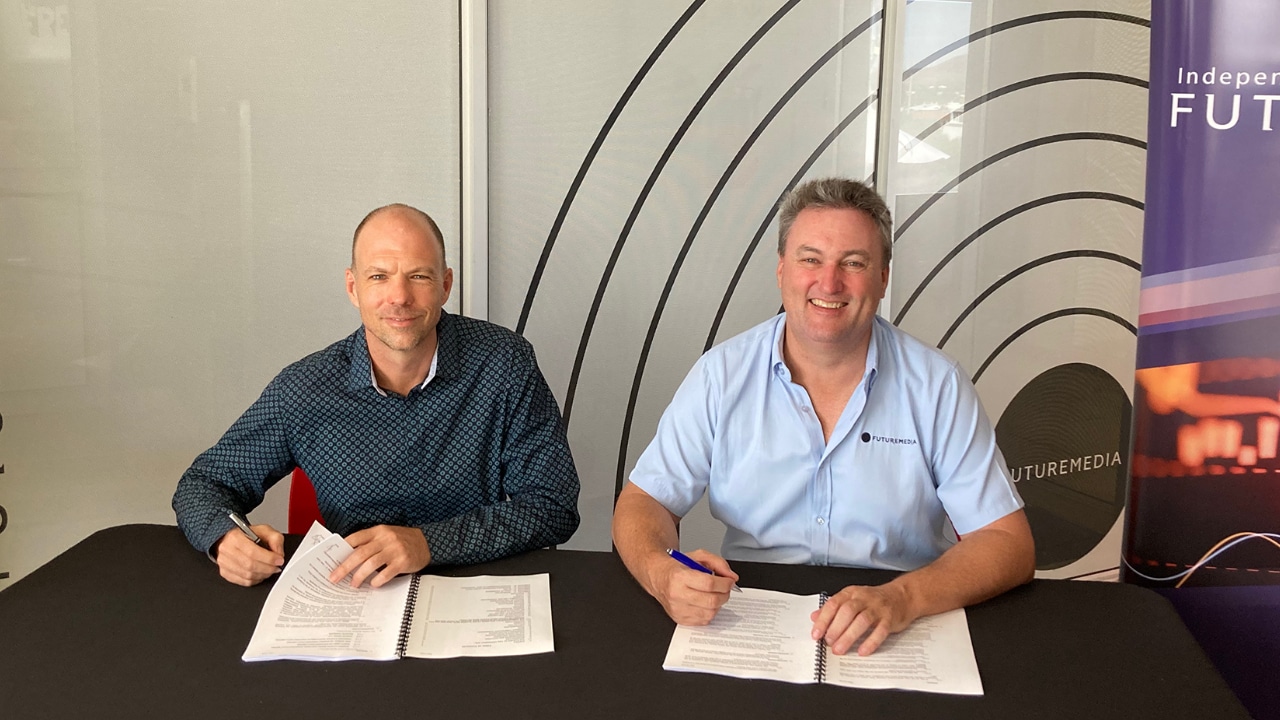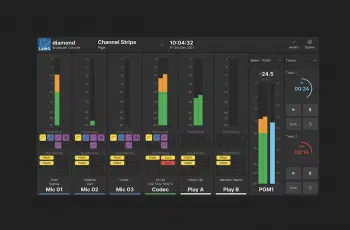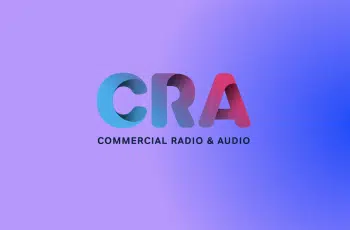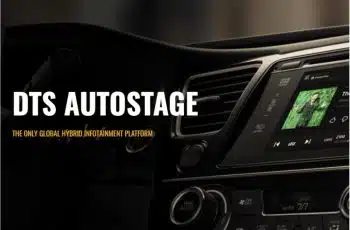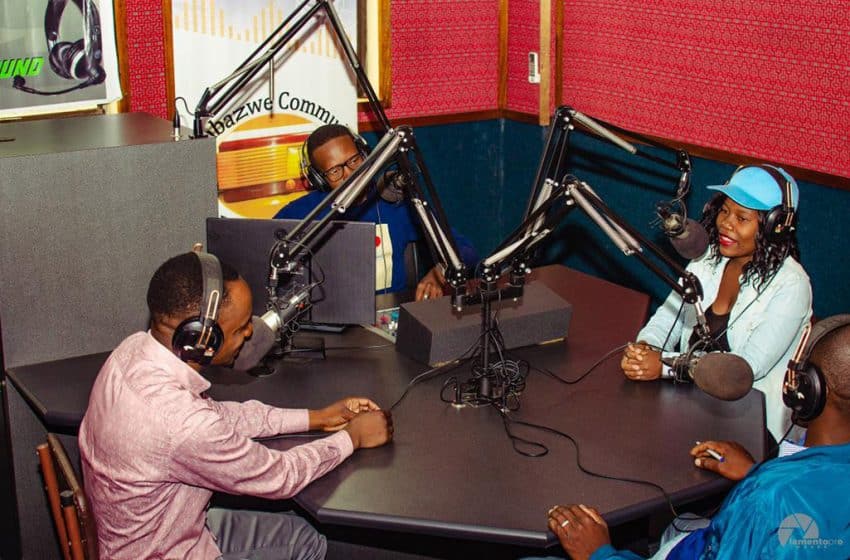
HARARE, Zimbabwe — The unavailability of critical information about community radio in Africa has led the University of the Witwatersrand (Wits) journalism department and a consortium of media, civil rights and business NGOs — Fojo Media Institute, Civicus, Civil Rights Defenders, Defend Defenders and Hub Afrique — to carry out a study entitled “Mapping Community Radio in Sub-Saharan Africa.”
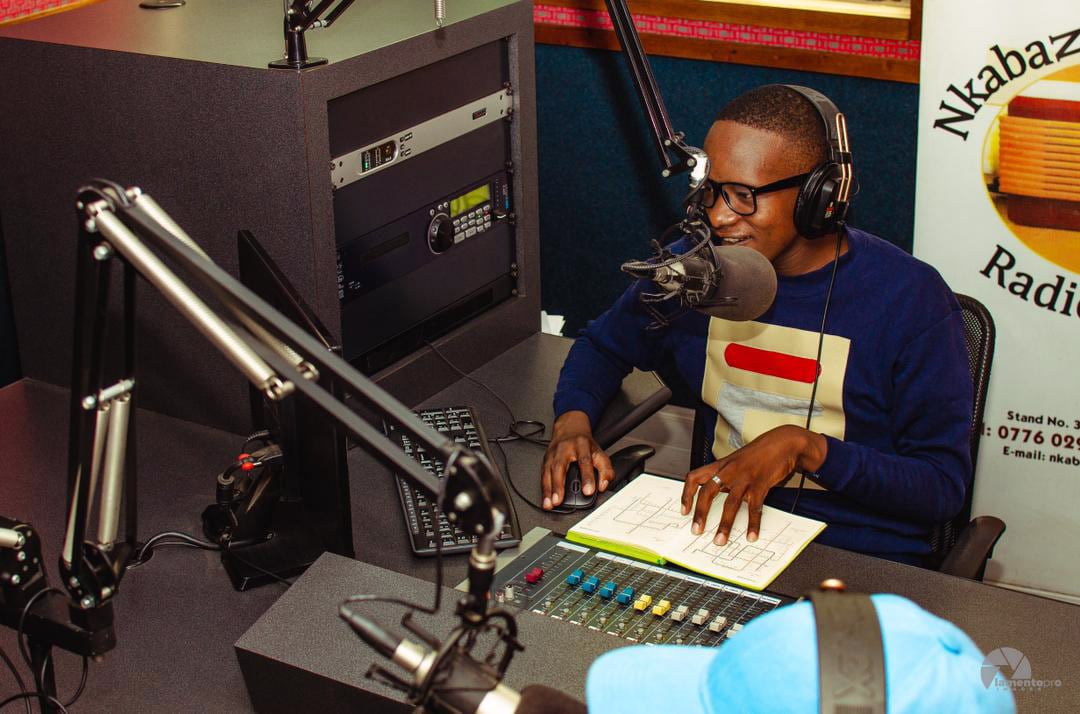
“Even basic information is hard to get, and it is often not even certain how many stations are on air. Operations collapse, and others start, with hardly anybody outside the immediate environment noticing. Even the licensing authorities sometimes struggle to keep accurate records,” revealed Prof. Franz Kruger, head of Wits Journalism.
Conducted by Jacob Ntshangase, the head of Wits Radio Academy, the study sought to gather information and better understand the community radio landscapes in different parts of Sub-Saharan Africa to identify needs, opportunities and potential partners for developing a program of support for community radio on the continent.
The landscape
“There is generally poor knowledge of the community radio sector across the continent. More in-depth research and information-gathering on the state of community radio on the continent would add immense value to the knowledge about the sector,” the study noted.
East Africa grapples with the notion of community in its community ownership and control principles. The sector is bedeviled by radio stations that are primarily commercial or owned by religious organizations masquerading as community radio stations. This is largely the outcome of poor broadcasting policy.
In West Africa, private individuals, NGOs and religious institutions may own community radio stations, but this is mainly the result of regulations with no clear-cut definition of “community radio.” This makes the sector vulnerable to abuse by state organizations.
Even basic information is hard to get, and it is often not even certain how many stations are on air.
The report notes that there is also a lack of legislative support for community radio in various Southern African countries. In Zimbabwe, long-awaited licensing has finally happened, while the Kingdom of Eswatini has not yet relented to advocacy. The programming focus of the community radio sector in Sub-Saharan Africa as a whole concentrates on localized content. This gives community radio the edge over the broader programming of mainstream radio when serving defined communities.
Recommendations
Having that edge is important because the sector plays a vital role in communicating information about food production and food security issues and education, governance and human rights issues at a community level. The study, therefore, recommends coordinated capacity building across the continent’s community radio stations.
It suggests that one way to strengthen networking within Sub-Saharan Africa is to revive the Africa arm of AMARC (Association Mondiale des Radiodiffuseurs Communautaires — the international umbrella organization of community radio stations) to help share best practices for effective governance and operational matters. The report also encourages content sharing with convergence and syndication of news and other content for the community radio sector in the region.
Another recommendation is to research business models in local economies to help community stations tap into local businesses, develop sustainability plans and increase their revenue streams rather than depend entirely on foreign donors.
The author is a media consultant and trainer based in Zimbabwe.


